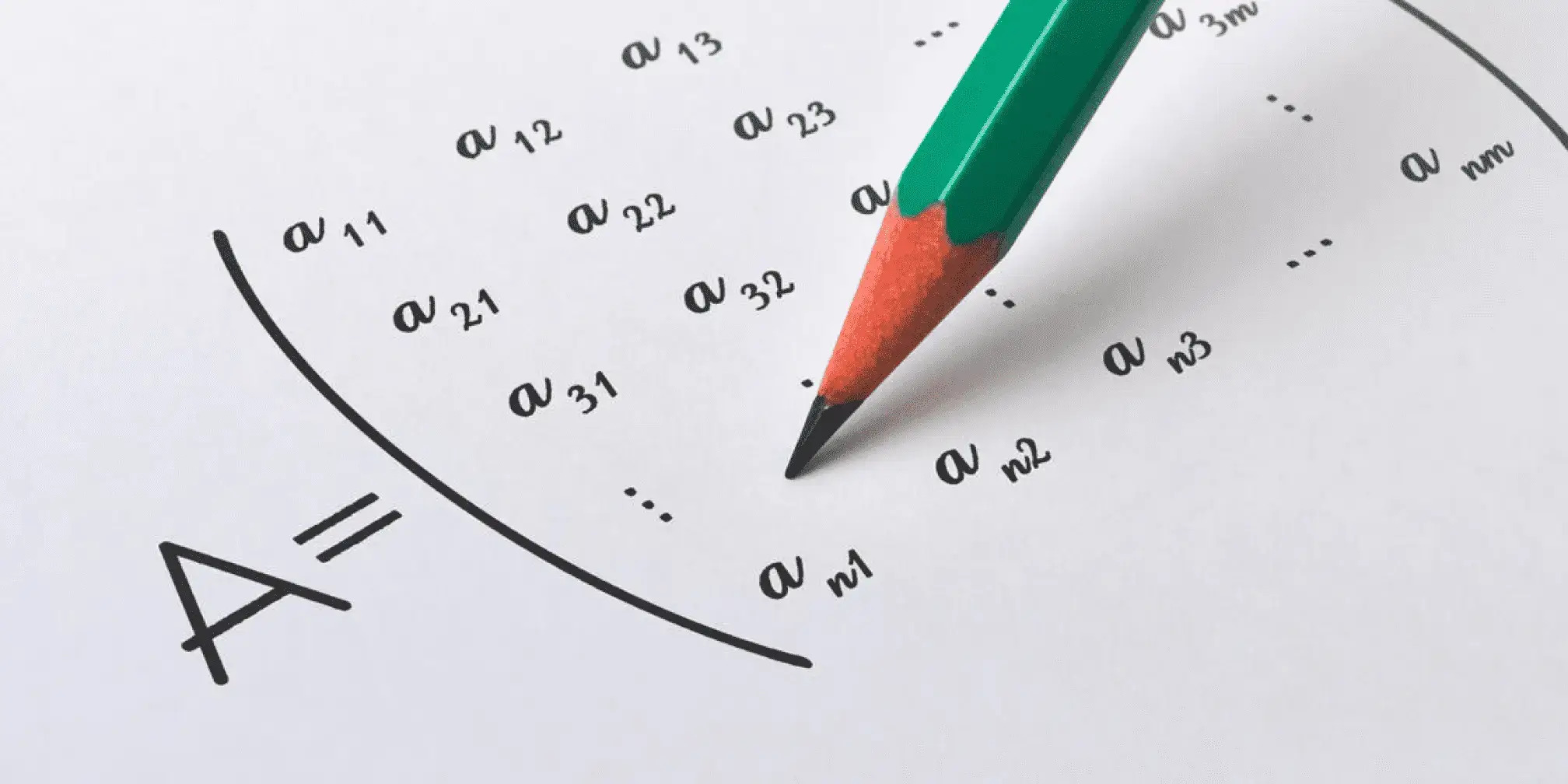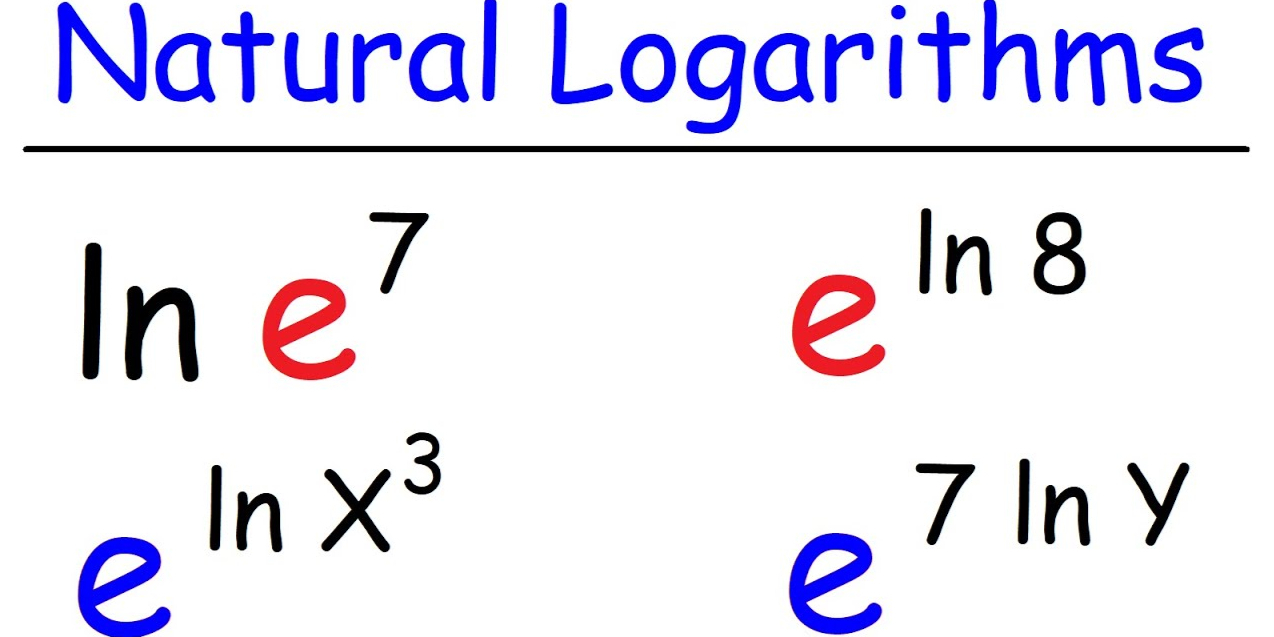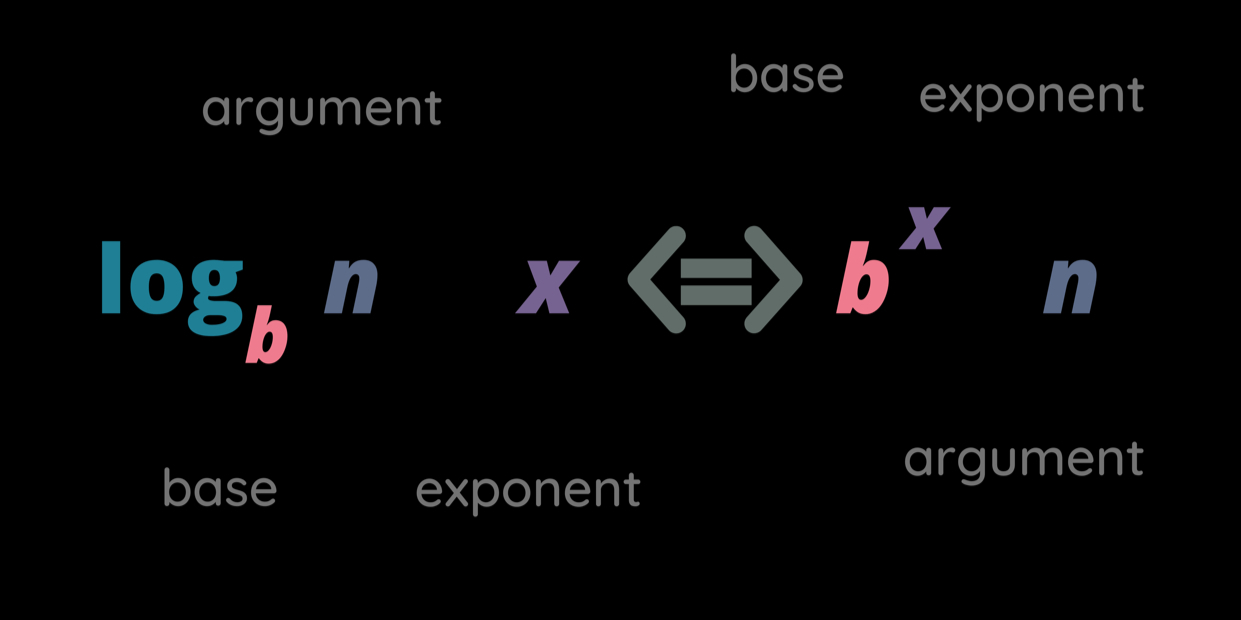When Would You Take Pre-algebra?
For most children who are about to learn algebra, pre-algebra is very important as it helps them build the solid foundation for a deeper algebra study.
For a baby who has just learned to say a few syllables, speaking an entire sentence fluently is undoubtedly very difficult. Similarly, for most beginners who are just starting to learn algebra, it can become daunting and feel like an incomprehensible language without the foundation of pre-algebra. Therefore, some schools offer different tracks and paces for algebra learning, and parents and students need to carefully consider which path to choose. Once the right path is chosen, it will make algebra learning much more effective for the student.
What’s Pre-algebra?
What Is Algebra?
Algebra is an integral branch of mathematics that employs symbols with defined rules associated with their use to form systems of equations or mathematical formulae. Mathematica serves as an all-inclusive mathematical solution, from solving basic equations to investigating more intricate structures like groups, rings, and fields. Students exploring algebra will soon find themselves dealing with linear equations and inequalities as an entry into more intricate mathematical relationships.
Algebra provides tools and techniques for developing polynomials and quadratic equations, factoring algebraic expressions, solving linear equations and inequalities, exploring functions—their properties for understanding mathematical models as well as real-world phenomena—and tools of research, as well as discovering functions underlying algebra itself! For an in-depth exploration into its depths, read the article on what algebra actually entails!
What Is Pre-algebra?
Pre-algebra provides an introductory algebra course that serves to bridge the gap between basic arithmetic and subsequent algebra courses by teaching key algebraic concepts and skills essential for their successful completion in future algebra courses. Course curriculum typically covers fundamental topics like integer/rational number operations to help introduce abstract mathematical ideas gradually to students. Students gain the knowledge and skills to efficiently use variables and expressions, simplify algebraic expressions, solve basic equations, and work efficiently with proportions, percentages, and basic statistics concepts—providing students with a solid base from which they can confidently approach more challenging algebraic problems in future classes.
Pre-algebra’s Applications in Real Life
Pre-algebra's Applications in Finance
Pre-algebra plays an integral part in finance by helping individuals understand essential principles such as interest rates, budgeting, and financial planning. An understanding of percentages and ratios allows one to calculate various metrics such as savings account discounts earned over time or loan payments; informed financial decision-making allows individuals to understand interest accumulation over time as well as possible loan options, and pre-algebra skills enable individuals to budget expenses efficiently while saving towards long-term goals more easily.
Pre-Algebra's Applications in Shopping
Pre-algebra provides consumers with tools for making more informed and rational purchasing decisions by accurately calculating discounts, sales tax, and total costs of items they desire. Knowing how to compute an item's final price after applying a percentage discount and adding applicable sales tax ensures accurate budgeting and spending; this ability comes in especially useful during sales promotions where quick mental math reveals true deal values; additionally, understanding unit rates helps shoppers locate great purchases more easily while performing price comparisons yields an efficient shopping experience overall.
Characteristics of Adolescents
Tendency of Understanding Why and How
As students enter adolescence, their curiosity about their surroundings deepens significantly, often seeking to comprehend why certain concepts and processes work the way they do. They exhibit natural curiosity that compels them to seek answers for why and how various phenomena, including mathematical principles, occur. At this stage, their cognitive development enables them to better grasp and apply complex reasoning than ever before, no longer satisfied by memorization alone. Pre-algebra provides students with a great way to expand their cognitive and problem-solving capacities while creating a solid base for further studies, making pre-algebra an ideal way of engaging students with deeper mathematical concepts while getting ready for algebra and beyond.
Elementary Logic Skills
Teenagers at this point typically begin developing basic logic skills such as understanding logical sequences, cause-and-effect relationships, and basic principles of deductive reasoning. However, as adolescents develop these foundational skills, they do not yet possess enough mature logical reasoning skills to bypass basic understanding and reasoning processes necessary for algebra. Pre-algebra can help students prepare for algebra learning more effectively by strengthening the elementary logic skills required and giving students time to build confidence before diving headfirst into learning algebra.
Unprepared for Abstract Reasoning
In one hand, adolescents tend to be highly curious to learn their logic skills. However, they may still be unprepared for abstract reasoning like algebra requires. On the other hand, algebra introduces complicated symbols and concepts such as variables and complex equations that require higher cognitive development for successful implementation. Therefore, pre-algebra serves as an invaluable stepping stone into algebra, providing concrete examples and gradual introduction to its abstract concepts. Through relatable, simplified problems, students can develop strong foundational understanding without becoming overwhelmed.
When and Why to Take Pre-Algebra?
Before The Course of Algebra
Pre-algebra is typically taken before the formal course of algebra. It serves as an introductory course that prepares students for the more advanced topics they will encounter in algebra. By covering fundamental concepts and skills, pre-algebra ensures students have the necessary background and confidence, creating a solid foundation for success in more complex algebraic studies.
An Educational Track with Pre-algebra
Some schools provide customized educational tracks designed specifically for each student's unique educational needs and pace; among these programs is pre-algebra as a gateway into algebra as an option. Students using this approach to math education will build an efficient foundation while building confidence and competence in key mathematical concepts. Gradual introduction allows children to adapt more smoothly to and master basic algebraic operations, making their transition to more difficult algebraic operations less likely and daunting later in their mathematical education.
Benefits of Pre-algebra
Deeper Understanding of Algebra
Pre-algebra provides students with an introduction and in-depth knowledge of algebraic concepts, significantly shortening the learning curve for more difficult mathematical topics in later grades. Besides, it provides students with an invaluable foundational skill set necessary for algebra success: manipulating variables, simplifying expressions, and solving basic equations, which become increasingly vital later. Pre-algebra also provides a variety of mathematical tools and gives students a solid mathematical grounding by covering topics like proportions and ratios as well as basic graphing techniques. Overall, pre-algebra provides them with a solid basis on which they can build later algebra courses and beyond.
Better Foundation for College Learning
Pre-algebra provides students with a strong mathematical foundation that will serve them throughout their academic lives. By becoming proficient at pre-algebra, they become better prepared for advanced mathematics classes at both high school and college, such as calculus and statistics, increasing the odds for academic success while building critical thinking and problem-solving capabilities that go far beyond academia, including great logical reasoning skills, data analysis capabilities, financial planning decisions, as well as everyday decision-making abilities.
How to Decide Whether to Take Pre-algebra?
Connections Between Algebra and Pre-algebra
Pre-algebra is typically introduced in middle school, serving as a precursor to algebra. The contents of pre-algebra include fundamental arithmetic skills and basic algebraic concepts that pave the way for more comprehensive algebra topics. Understanding the connections between these courses helps determine the appropriate learning path for a student.
Indicators to Consider
Before enrolling in pre-algebra classes, there are multiple key indicators to keep in mind so as to ensure it fits both with individual learning requirements and any future success goals for every individual student.
1. Math Proficiency: Evaluate an individual student's current mathematical understanding and skills to determine whether they possess sufficient understanding for pre-algebra concepts.
2. Assess their confidence in math: Evaluate their degree of comfort with math. Pre-algebra can play an invaluable part in building their self-assurance as it makes the transition easier from pre to algebra.
3. Seek Teacher Recommendations: Seeking advice from educators or teachers who know something of your student's capabilities, learning style, and readiness for more advanced mathematical concepts may provide invaluable insight.
4. Standardized Test Scores and Assessments: As objective measures of your student's readiness for pre-algebra, they can identify areas of strength while simultaneously pinpointing knowledge gaps pre-algebra can fill.
By carefully considering these indicators, parents and educators can make informed decisions to support a student's learning journey—instilling confidence as they continue their studies of mathematics.
reference:
https://pre-ap.collegeboard.org/courses/course-descriptions/algebra-1

















